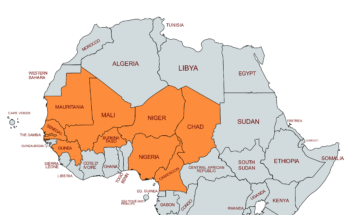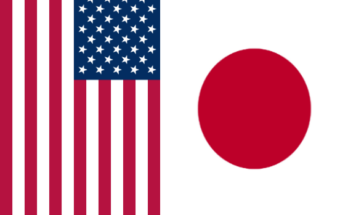Amid a diplomatic spat between a number of countries in the Persian Gulf as well as Egypt, U.S. Senator Robert Corker (R-TN) announced in a letter to the U.S. State Department that he would block arms sales to Gulf countries until the crisis was resolved.
Senator Corker wrote, “Before we provide any further clearances during the informal review period on sales of lethal military equipment to the GCC states, we need a better understanding of the path to resolve the current dispute.”
A Congressional aide told Bloomberg News that Senator Corker’s plan would encompass only those arms sales that have not yet been formally proposed to the Congress, meaning it will not be applied to completed deals, such as the recently-announced $12 billion sale of 36 F-15 jets to Qatar. Bloomberg News noted that the move could impact parts of the proposed $110 billion sale of military hardware to Saudi Arabia, announced by U.S. President Donald Trump last month during his visit to the Gulf country.
The letter adds further pressure to a number of Gulf countries, led by Saudi Arabia, who have cut ties with Qatar over a range of issues, primarily regarding Qatari foreign policy.
Under U.S. Secretary of State Rex Tillerson, the U.S. has sought to prod Saudi Arabia and its allies into finding a solution. Bloomberg News reported that the Secretary of State emailed a statement on Sunday that said, “A productive next step would be for each of the countries to sit together and continue this conversation.
“We believe our allies and partners are stronger when they are working together towards one goal, which we all agree is stopping terrorism and countering extremism. A lowering of rhetoric would also help ease the tension,” the statement read.
Saudi Arabia, Bahrain, the UAE, and Egypt recently produced a list of demands that Qatar must submit to for the dispute to be resolved. The 13 demands include a call for Doha to shut down al-Jazeera and muzzle other news networks in its country, cut off displomatic ties with Iran, and terminate a planned Turkish military base on Qatari soil.
Qatar has thus far rejected the demands, which carried a 10-day expiration date. It is unclear what Saudi Arabia and its allies intend to do thereafter.
Following the decision to expedite a vote on approving a Turkish military base, the Turkish legislature approved the measure, allowing Turkish troops to begin deploying to Qatar. It is believed that some personnel as well as a few armored vehicles have since arrived in the Gulf country.
Military markets analyst, covering Eurasia, Middle East, and Africa.




